Day 1:- Londorosi Gate to Mti Mkubwa Camp
- Elevation: 2,100m (6,890ft) → 2,820m (9,250ft)
- Distance: 7 km (4.3 miles)
- Hiking Time: 3–4 hours
- Terrain: Rainforest
The adventure begins at Londorosi Gate, where climbers complete park registration before a short drive to the trailhead. The first section of the trek winds through a lush rainforest, with towering trees, vines, and a humid atmosphere. Wildlife such as colobus monkeys, blue monkeys, and exotic birds can be spotted along the trail. The trek is relatively short but helps climbers ease into the journey. The night is spent at Mti Mkubwa Camp (“Big Tree Camp”), where temperatures remain mild. Day 2:- Mti Mkubwa Camp to Shira 1 Camp
- Elevation: 2,820m (9,250ft) → 3,505m (11,500ft)
- Distance: 8 km (5 miles)
- Hiking Time: 5–6 hours
- Terrain: Rainforest to Moorland
Leaving the rainforest behind, the trail ascends into the moorland zone, where the landscape changes dramatically. The vegetation becomes sparser, with heather, giant lobelias, and Senecio trees dominating the scenery. The air is noticeably thinner, and climbers may start to feel mild altitude effects. The hike continues across the Shira Plateau, an ancient volcanic caldera offering stunning views of Kilimanjaro’s peak. Camp is set up at Shira 1, where the night is cold but offers incredible views of the starry sky. | 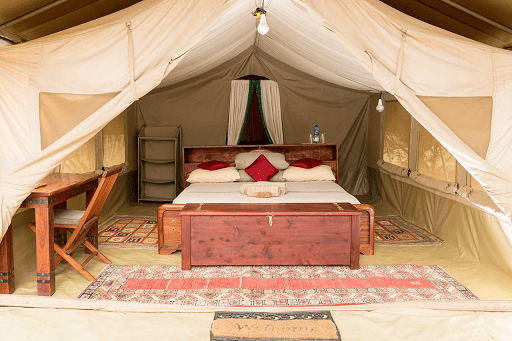
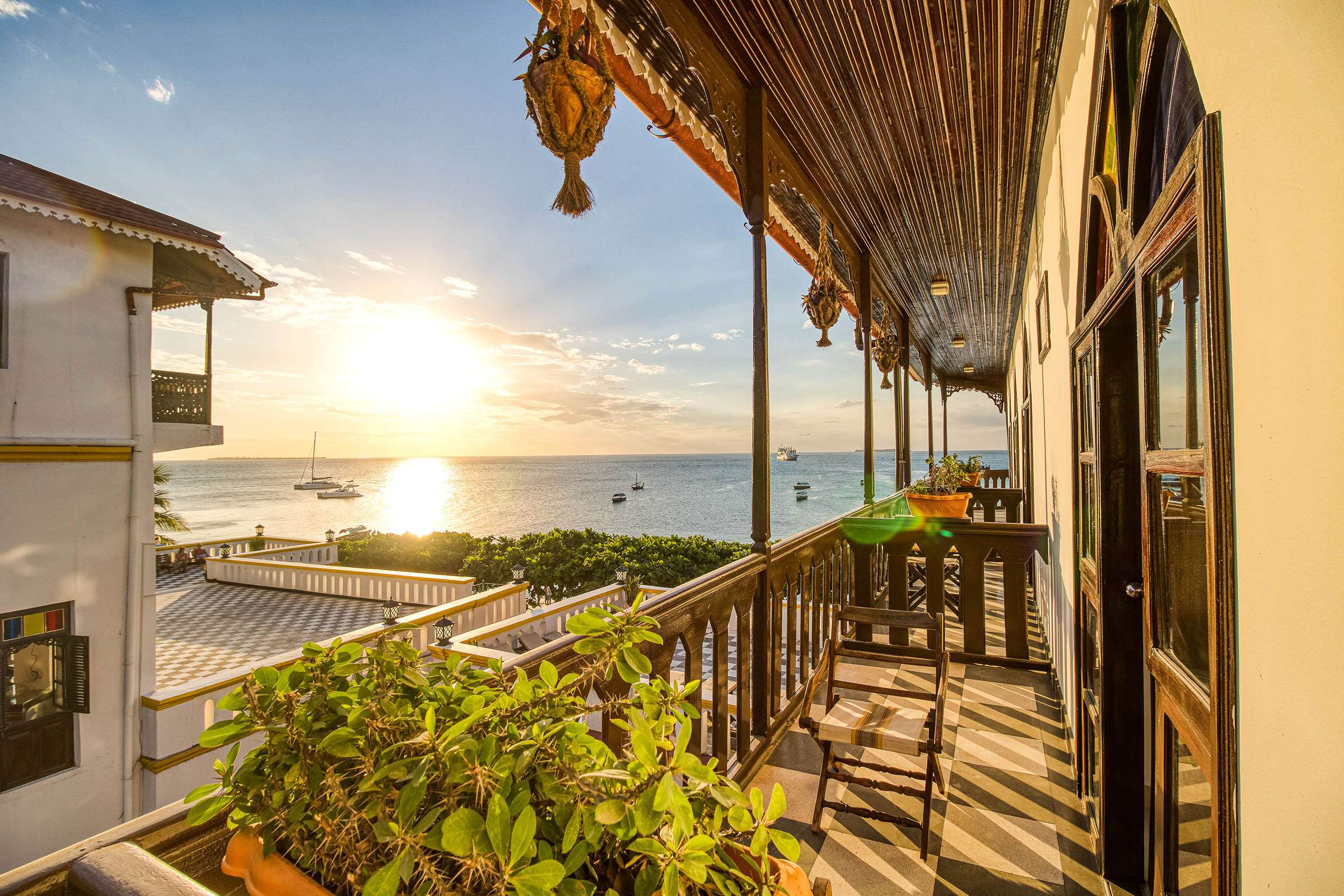
|
Day 3:- Shira 1 Camp to Shira 2 Camp
- Elevation: 3,505m (11,500ft) → 3,840m (12,600ft)
- Distance: 7 km (4.3 miles)
- Hiking Time: 4–5 hours
- Terrain: Moorland
This is a shorter and easier day, designed for acclimatization. The trail gradually ascends across the Shira Plateau, offering panoramic views of Kibo Peak. Climbers pass through rocky terrain, with unique flora adapted to the harsh conditions. Upon reaching Shira 2 Camp, climbers have the afternoon to rest and adjust to the altitude. The temperatures drop significantly at night, often reaching below freezing. Day 4:- Shira 2 Camp to Barranco Camp (via Lava Tower)
- Elevation: 3,840m (12,600ft) → 4,630m (15,190ft) → 3,960m (13,000ft)
- Distance: 10 km (6 miles)
- Hiking Time: 6–8 hours
- Terrain: Alpine Desert
This day follows the “climb high, sleep low” strategy, which is crucial for acclimatization. The trek ascends gradually to Lava Tower (4,630m), a volcanic rock formation where many climbers experience altitude symptoms like headaches. After a short break at Lava Tower, the trail descends into the beautiful Barranco Valley, where the air becomes richer in oxygen. Barranco Camp sits below the imposing Barranco Wall, a steep but non-technical rock face that will be climbed the next day. | 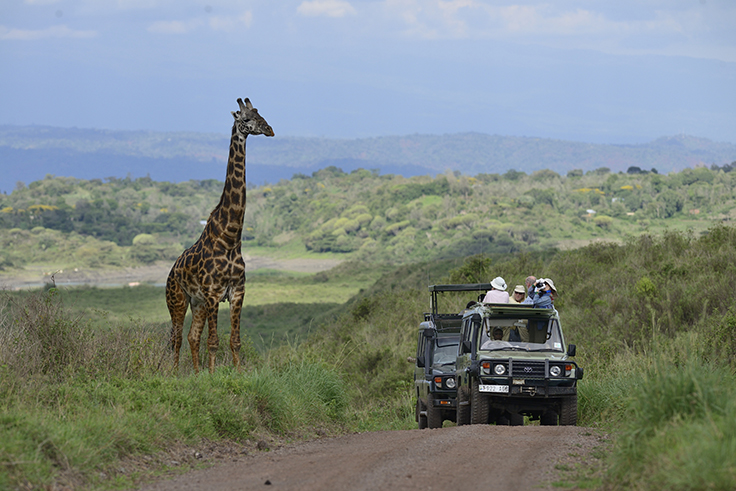
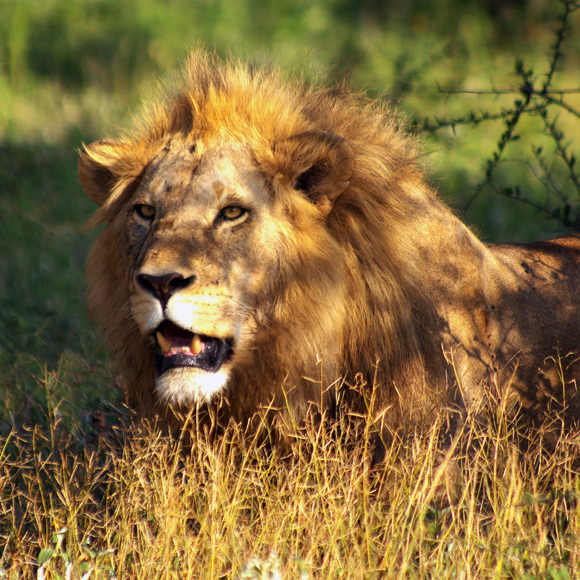
|
Day 5:- Barranco Camp to Karanga Camp
- Elevation: 3,960m (13,000ft) → 4,035m (13,250ft)
- Distance: 5 km (3 miles)
- Hiking Time: 4–5 hours
- Terrain: Rocky
The day begins with a challenging but rewarding climb up the Barranco Wall, a 300m rock scramble requiring the use of hands in some sections. Once at the top, the trail eases out, with gentle ups and downs leading to Karanga Camp. This is a shorter hiking day, allowing more time to rest and acclimatize before the final ascent. The night is cold and windy, with temperatures dropping well below freezing. Day 6:- Karanga Camp to Barafu Camp
- Elevation: 4,035m (13,250ft) → 4,640m (15,200ft)
- Distance: 4 km (2.5 miles)
- Hiking Time: 4–5 hours
- Terrain: Alpine Desert
The trek continues upward toward Barafu Camp, the final base camp before the summit attempt. The terrain is rocky, barren, and windswept, with little vegetation. Climbers arrive at Barafu in the afternoon and must rest as much as possible. After an early dinner, they sleep by 7 PM to prepare for the summit push. The temperature at night can drop to -10°C (14°F) or lower. | 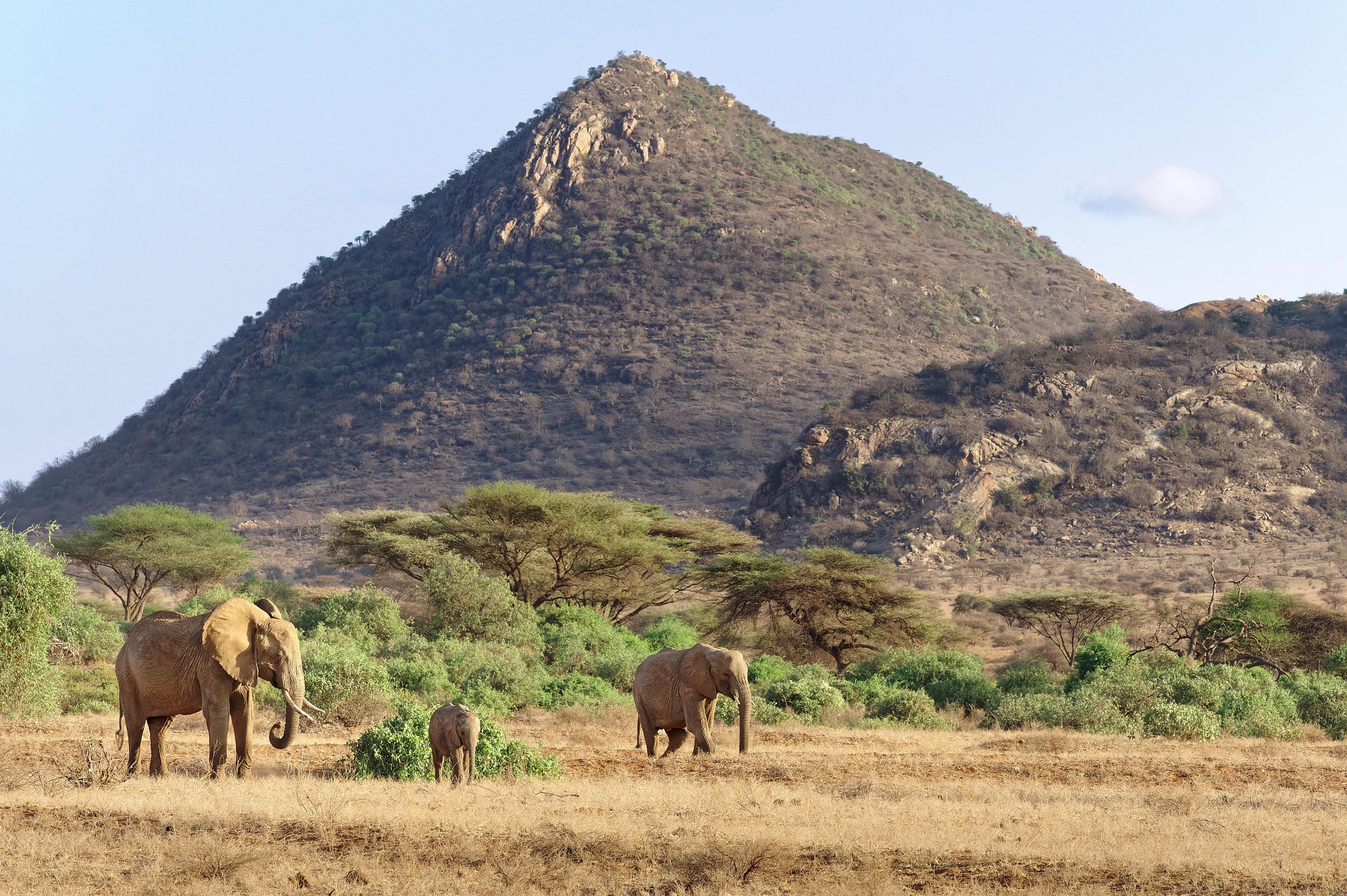
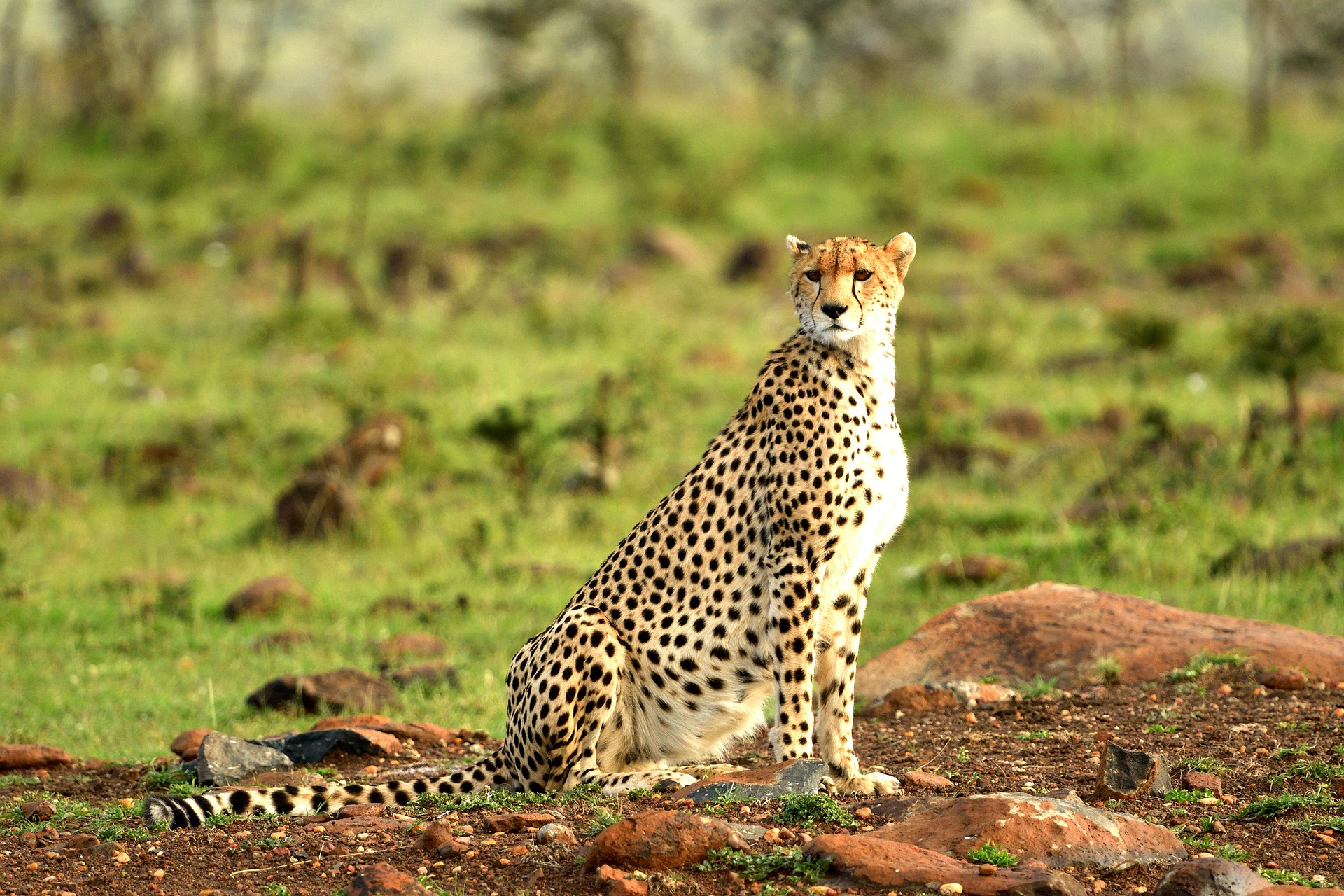
|
Day 7:- Barafu Camp → Uhuru Peak → Mweka Camp
- Elevation: 4,640m (15,200ft) → 5,895m (19,341ft) → 3,100m (10,200ft)
- Distance: 17 km (10.5 miles)
- Hiking Time: 10–14 hours
- Terrain: Ice, snow, and rock
Summit day begins at midnight, with climbers setting off in freezing conditions (-20°C / -4°F). The slow, steep climb to Stella Point (5,756m) is mentally and physically demanding. After a short rest, a final push leads to Uhuru Peak (5,895m), the highest point in Africa. After celebrating and taking in the breathtaking sunrise, climbers descend back to Barafu Camp for a short rest before continuing to Mweka Camp, where the air is richer and temperatures warmer. Day 8:- Mweka Camp to Mweka Gate
- Elevation: 3,100m (10,200ft) → 1,640m (5,380ft)
- Distance: 10 km (6 miles)
- Hiking Time: 3–4 hours
- Terrain: Rainforest
The final day is an easy descent through the rainforest, where the air feels thick and refreshing. Climbers often feel relieved and accomplished as they approach Mweka Gate, where they receive their summit certificates. From here, they are transferred back to Arusha or Moshi for celebrations and well-deserved rest. |